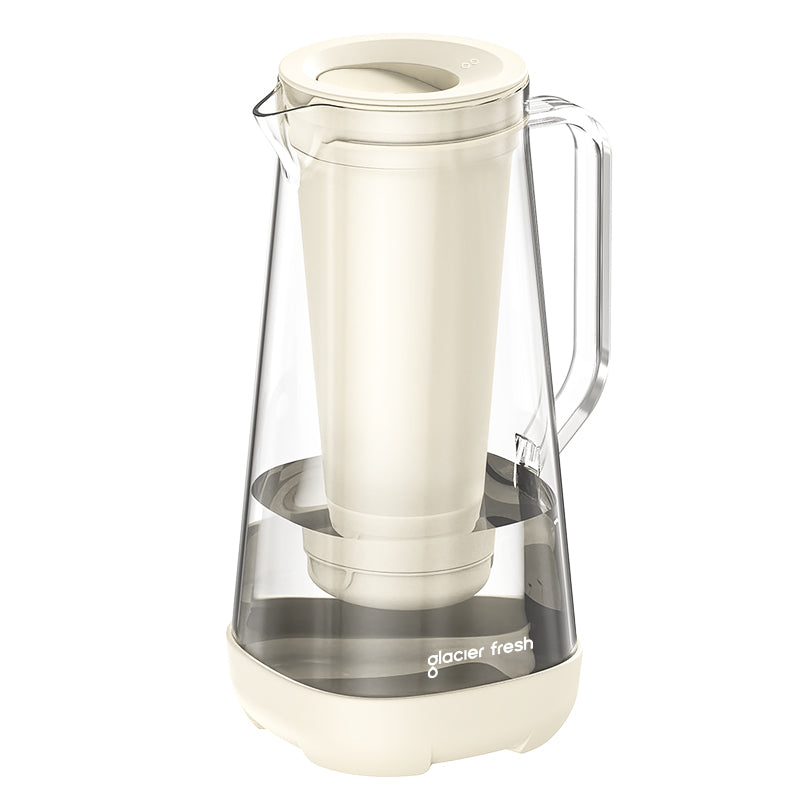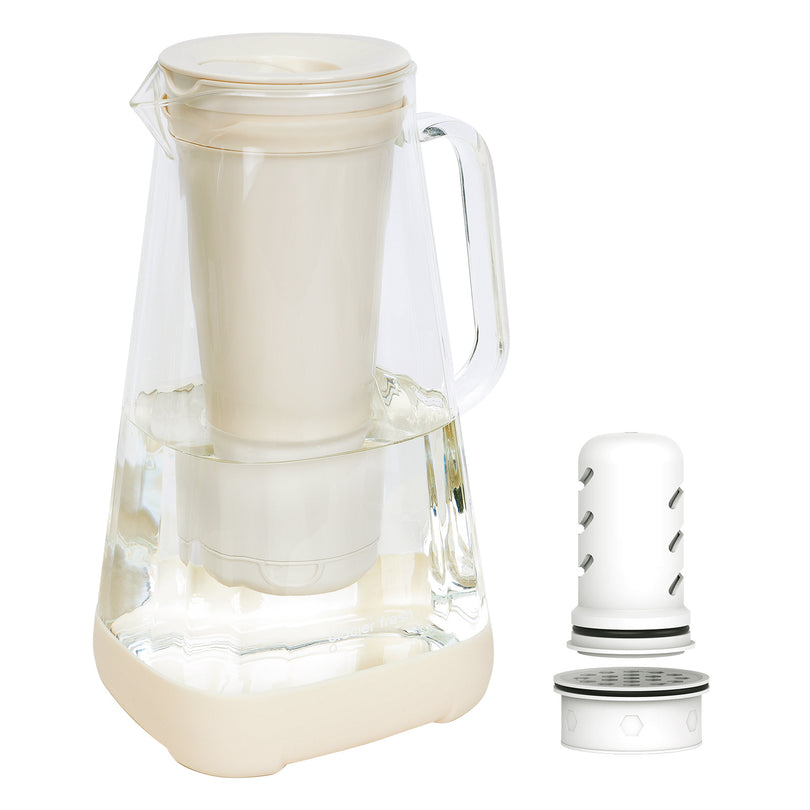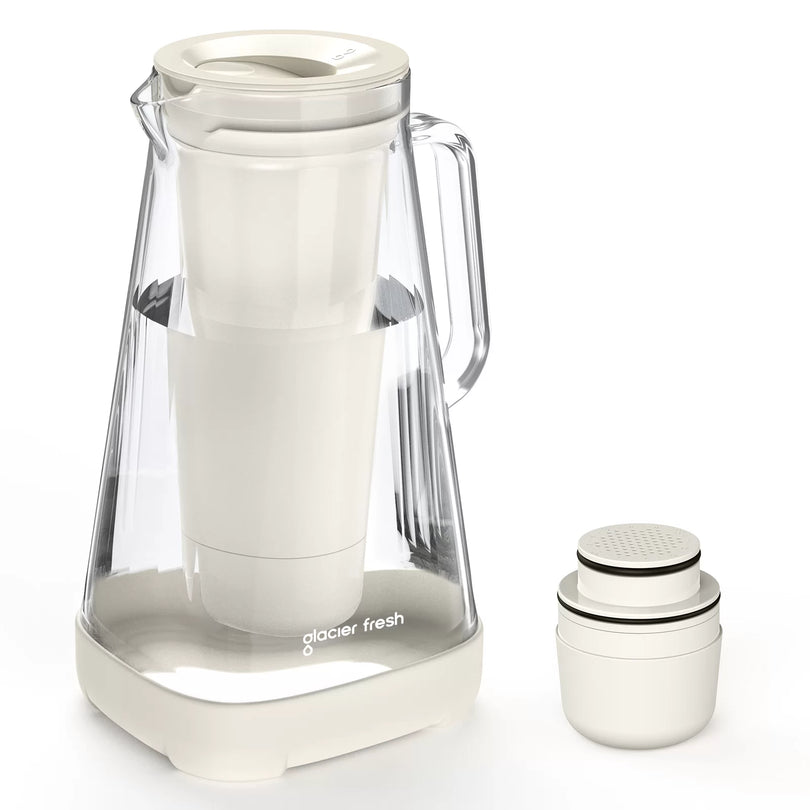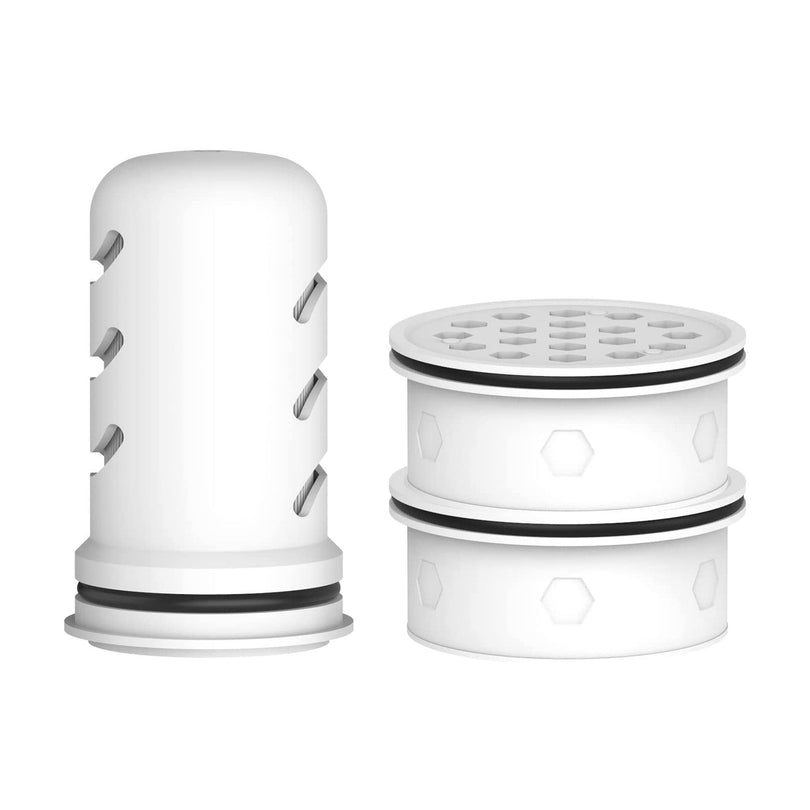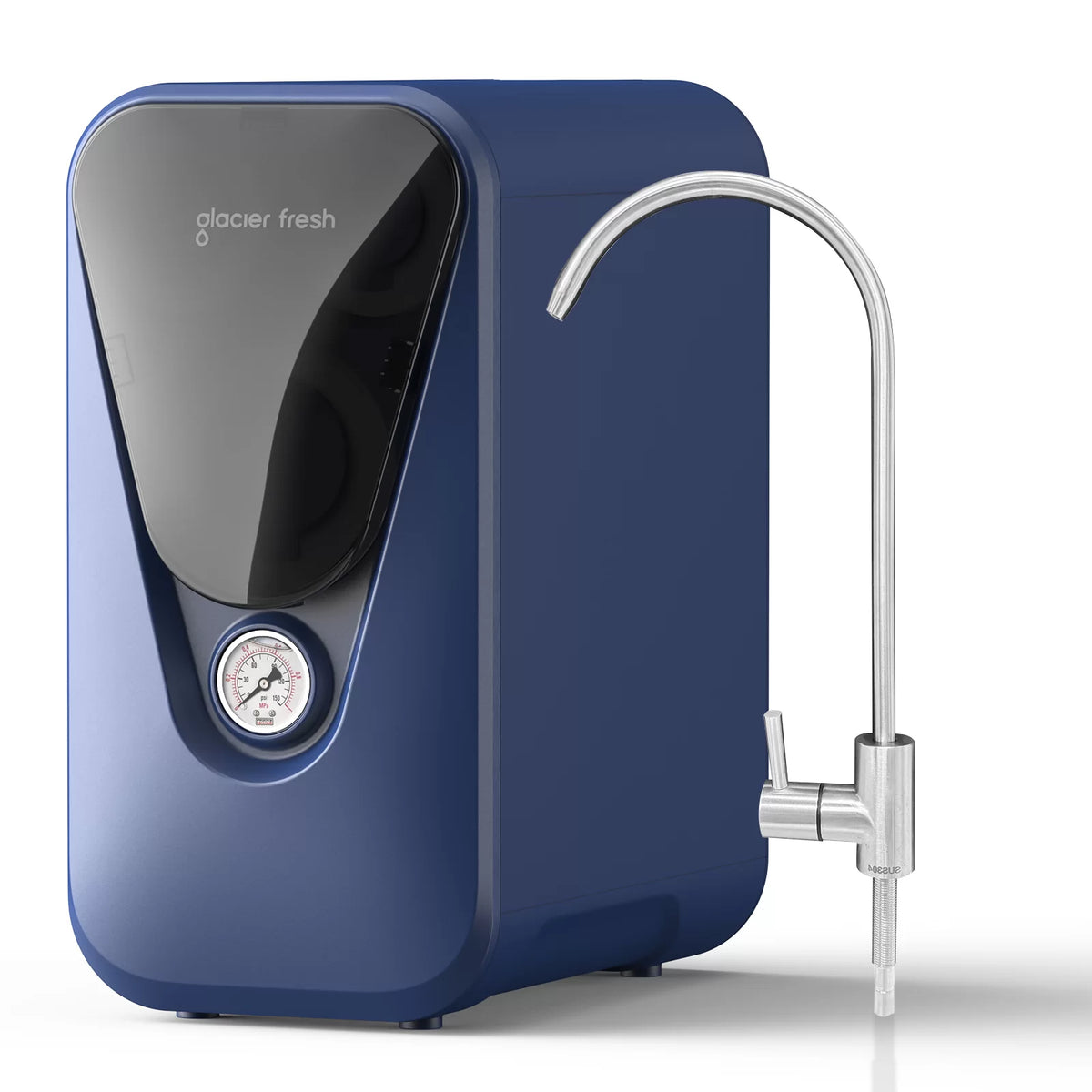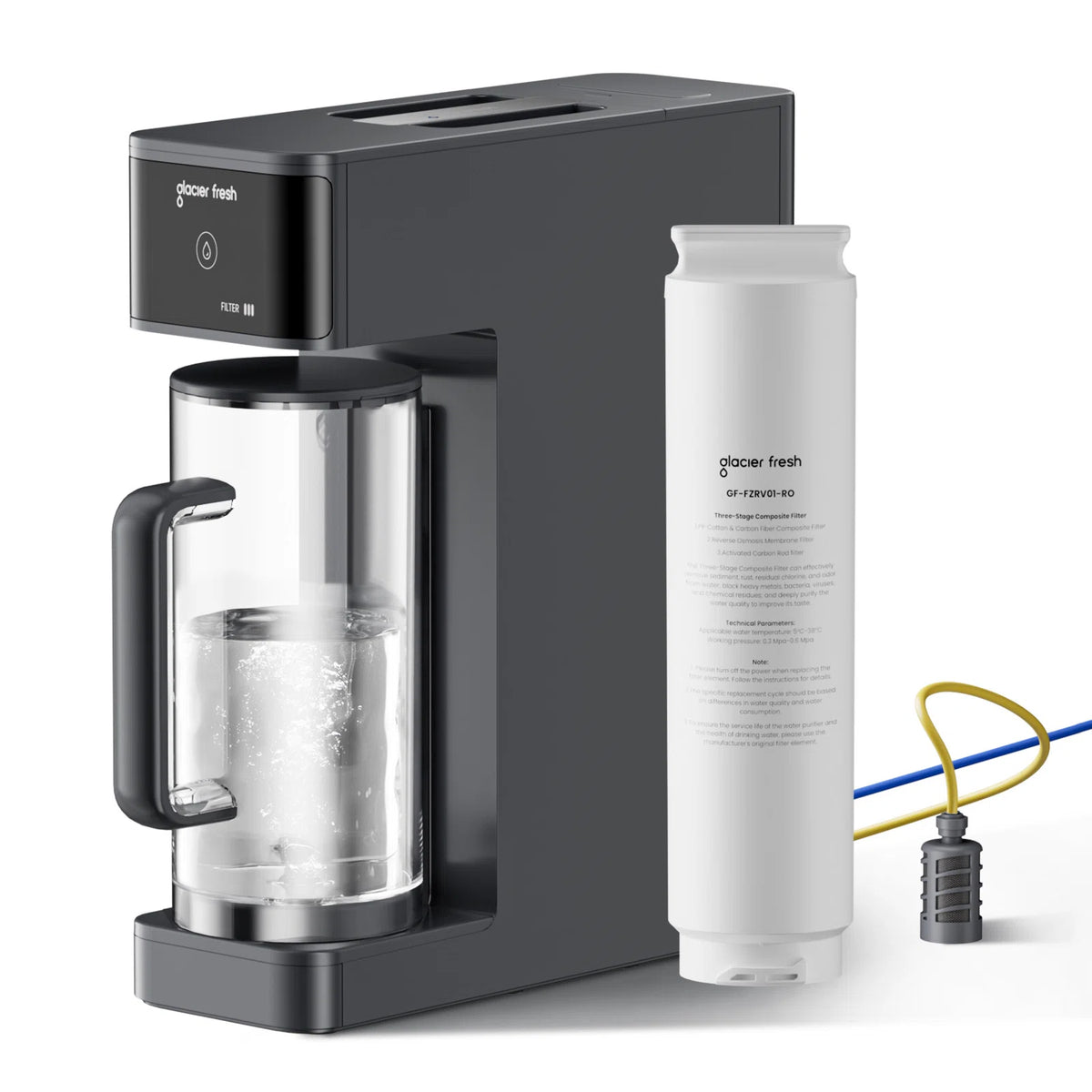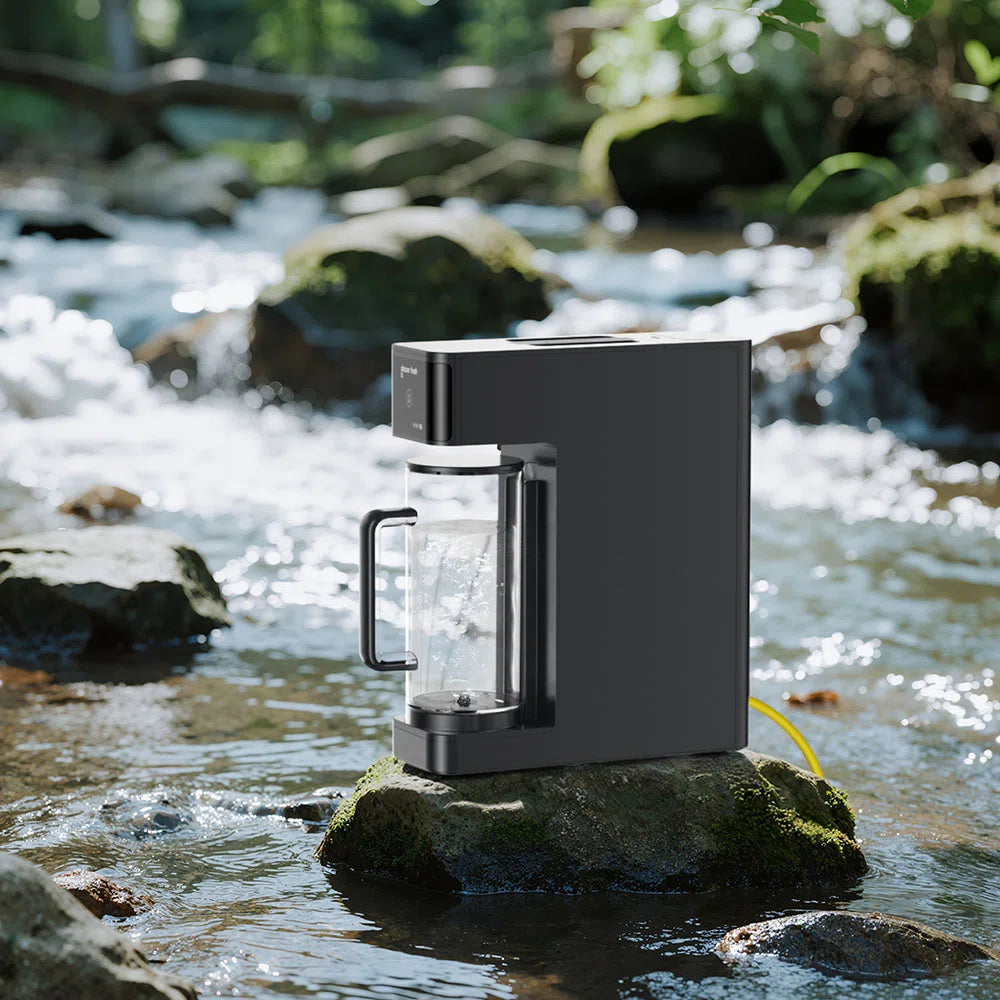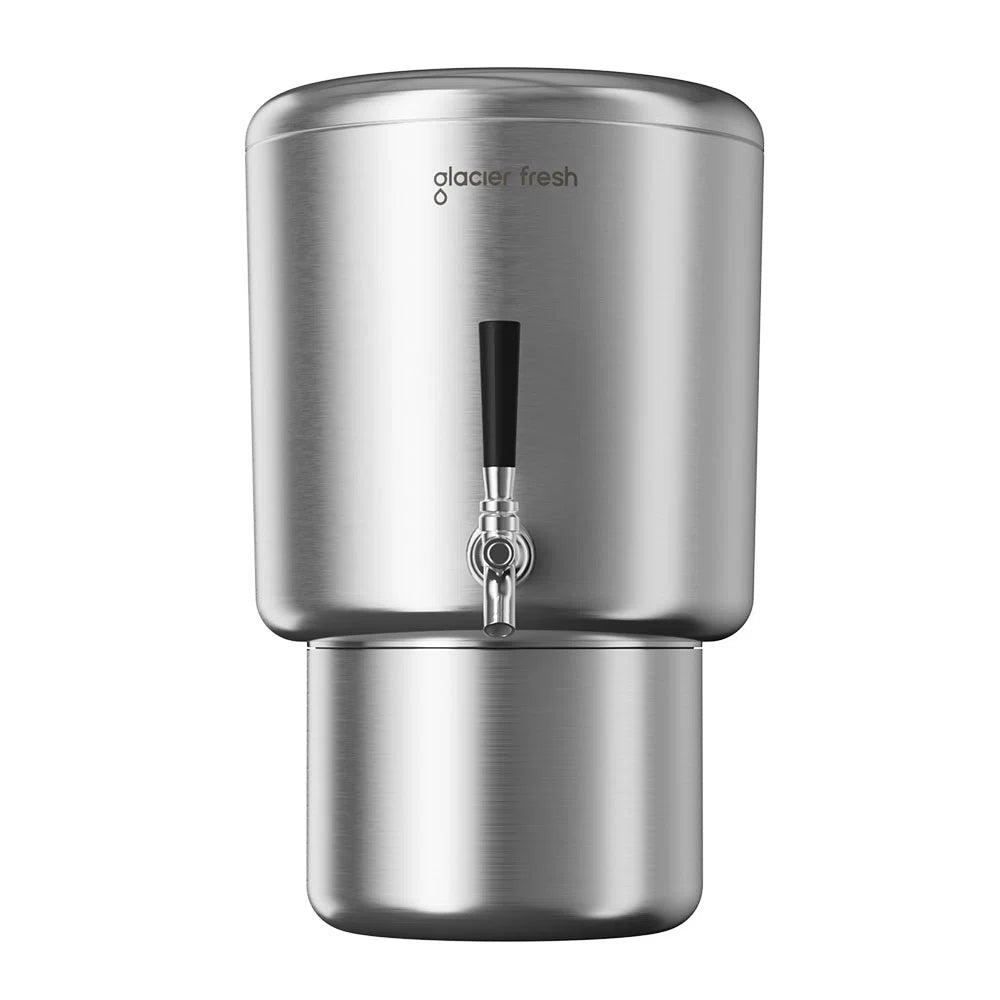Table of Contents:
How does the body absorb water?
Factors influencing water absorption
How long does it take to digest and absorb water?
The role of water in cellular hydration
Signs of proper water absorption
Common myths about water digestion and absorption
Practical tips for optimal water absorption
Conclusion
Have you ever wondered how long it takes for your body to digest water? It's a fascinating process that starts within mere minutes of your first sip, with the small intestine playing a leading role. But did you know that factors such as your hydration status and the temperature of the water can affect this process? And what does this mean for your overall health and cellular function? Stay tuned, as we're about to shed light on these questions and debunk some common myths about water digestion and absorption.
How does the body absorb water?

The process your body undergoes to absorb water is both intricate and efficient. When you take a sip, your body works hard to ensure you're hydrated. This water transport starts in your digestive tract. As you swallow, water moves down your esophagus and into your stomach. It's absorbed into your bloodstream through cellular osmosis, a vital hydration mechanism.
But that's different from where the journey ends. Water must get inside each cell, and cellular osmosis makes that happen. The water molecules pass through cell membranes from an area of lower concentration to a higher concentration. This balance of water is critical for your cells to function properly.
Next, your kidneys play a huge role in water absorption. This renal function decides how much water your body needs and what should be discarded as urine. If you're properly hydrated, your kidneys keep the necessary water and dispose of the excess.
Factors influencing water absorption
While your body absorbs water rapidly, it's important to realize that various factors can influence this process. The impact of these factors can be quite significant and understanding them may help you maintain optimal hydration levels and digestive health.
- Hydration levels: Your body's hydration status affects how quickly you absorb water. If dehydrated, your body absorbs water more quickly to rehydrate itself.
- Digestive health: The efficiency of your digestive system plays a crucial role in water absorption. Conditions that affect your digestive health can slow down the absorption process.
- Beverage temperature: Water temperature can also affect absorption rates. Cold water is typically absorbed more quickly than warm water.
- Electrolyte balance and meal timing: The balance of electrolytes in your body and the timing of your meals can influence water absorption. Eating a meal slows down water absorption as your body focuses on digesting food.
Additionally, having the right balance of electrolytes can help your body absorb water more efficiently.
How long does it take to digest and absorb water?

The answer lies in your body's water metabolism, hydration rates, and absorption efficiency. Your body is a finely tuned machine, balancing water intake with electrolyte balance to ensure your digestive process runs smoothly.
Within 5-10 minutes of drinking water, it gets absorbed into your bloodstream from your stomach. Most of the water is absorbed in the small intestine. By the time 1-2 hours have passed, your body has absorbed the majority of the water. To highlight this, see the following table:

The role of water in cellular hydration
Water enters your system and embarks on a vital mission: cellular hydration. Your body's cell hydration mechanisms spring into action, using water transport channels to distribute the water to each cell. This process is crucial in maintaining your cellular fluid balance. Here's how it works:
- Absorption: Once you drink water, it's absorbed in your gut and enters your bloodstream.
- Transportation: The water is then transported to your cells through a complex network of water transport channels.
- Cellular hydration: The water molecules hydrate your cells, aiding in various metabolic functions.
- Excretion: Any excess water is excreted via sweating and urination, maintaining the cellular fluid balance.
Hydration status indicators can tell whether your cells are getting enough water. These include your thirst level, the color of your urine, and your skin's elasticity. Ignoring these signs can lead to dehydration, seriously affecting your health. So, it's important to understand the role of water in cellular hydration and why it's crucial to keep your body well-hydrated.
Signs of proper water absorption
Recognizing the signs of proper water absorption can give you a good indication of your body's hydration status. When you're well-hydrated, your body functions optimally, showing a few key hydration indicators. Here's what to look for:
- Thirst signals: A lack of thirst can indicate your body is well-hydrated. If you're not getting frequent thirst signals, it's likely that your body has enough water.
- Urine color: Clear or light-colored urine is another positive sign. Dark yellow or amber-colored urine can mean you're not drinking enough water.
- Skin elasticity: Pinch the skin on the back of your hand and let it go. If it snaps back quickly, you're likely well-hydrated. If it takes a while to return to its normal position, you may need more water.
- Energy levels: Feeling energetic and alert can indicate good hydration. When you're dehydrated, you might feel tired or sluggish.
Common myths about water digestion and absorption

Now that we're well-versed in the signs of proper water absorption let's bust some myths about water digestion and absorption.
- You can hydrate instantly by drinking water: This is a commonly held water myth. The facts tell us that water absorption can take approximately 5-20 minutes, depending on various bodily functions.
- Drinking more water equals better digestion: This isn't true. Your body needs a balance. Overhydration can disrupt electrolyte balance, potentially causing health problems.
- You need eight glasses of water daily: Individual hydration needs vary based on age, sex, weight, and activity level. There's no one-size-fits-all rule.
- Drinking water during meals hampers digestion: No scientific evidence supports this. Drinking water during meals can aid digestion by breaking down food and helping your body absorb nutrients.
Practical tips for optimal water absorption
In the pursuit of optimal hydration, understanding how to absorb water effectively is crucial. You could be drinking gallons daily, but you aren't reaping the full benefits if your body isn't absorbing it properly. Here are some practical tips to enhance your hydration techniques:
- Pay attention to electrolyte balance: Drinking water alone isn't enough; you need a balanced mix of electrolytes to facilitate absorption. Consider adding salt to your water or consuming sports drinks with electrolytes.
- Consider optimal timing: Don't gulp down large amounts at once to maximize absorption. Sip throughout the day, especially before, during, and after workouts.
- Understand temperature effects: Cold water absorbs faster, but warm water aids digestion-balance according to your needs.
Moreover, food pairings play a crucial role in water absorption. Foods with high water content, such as fruits and vegetables, can boost hydration levels.
Conclusion
It's clear that your body starts absorbing water within minutes of you drinking it, with total absorption usually happening within a couple of hours. But remember, factors like your hydration status, what you've eaten, and even the water's temperature can affect this process. Staying hydrated is crucial for your health and cellular function, so watch for signs of proper absorption. Finally, don't fall for myths and always aim for optimal water intake with Glacier Fresh.













